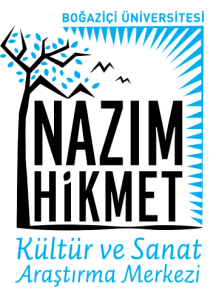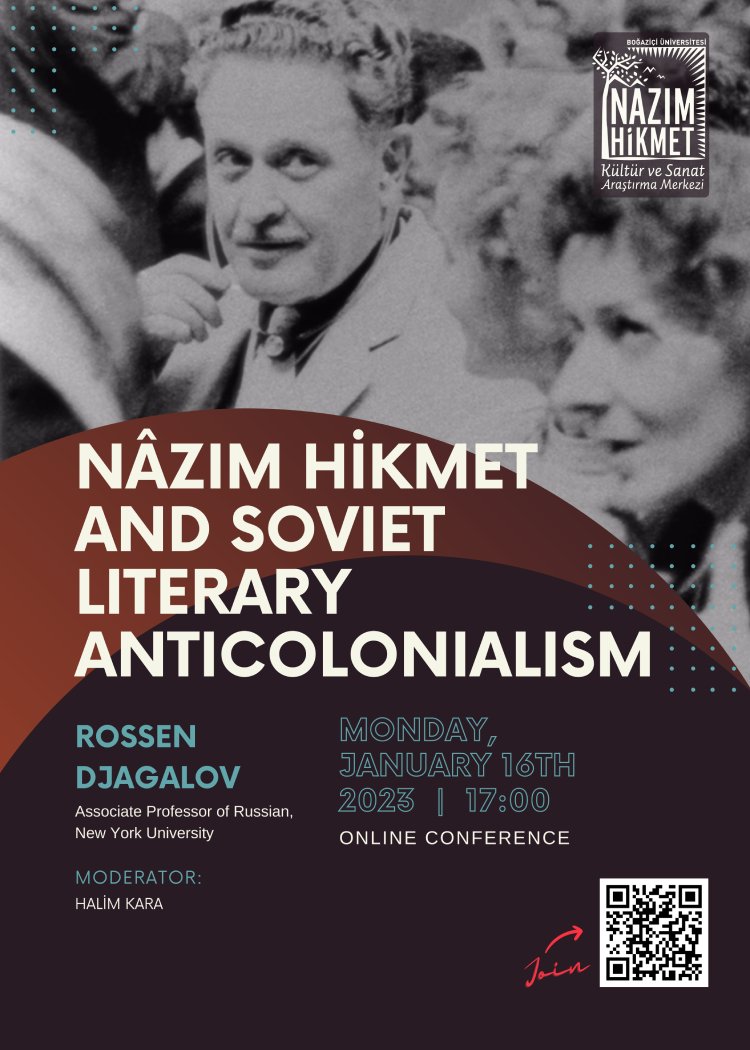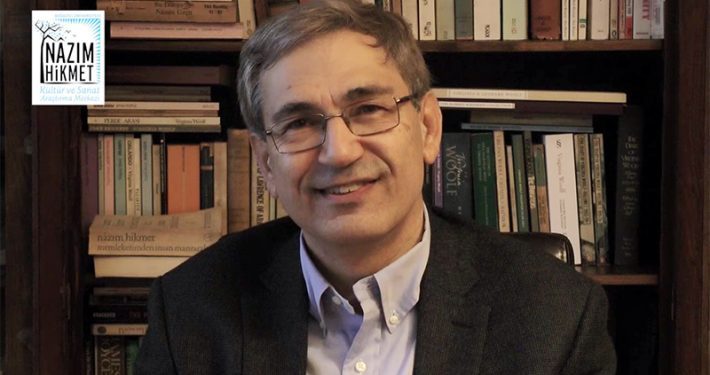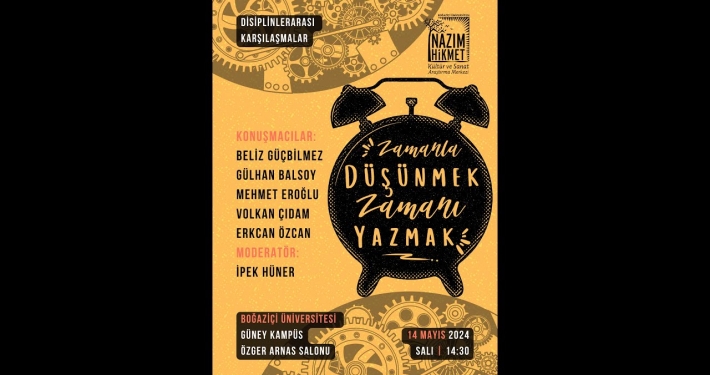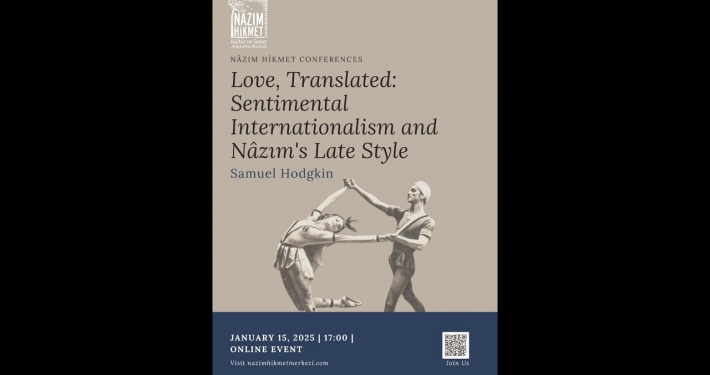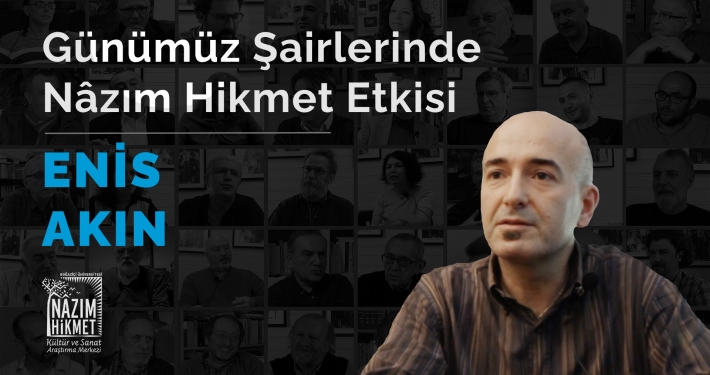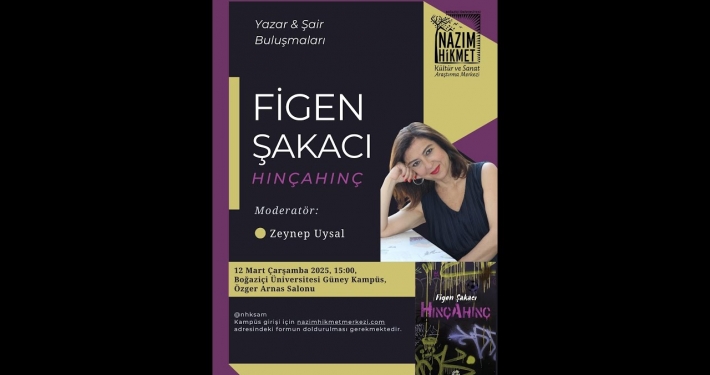AŞİYAN KONUŞMALARI: GEÇMİŞLE YÜZLEŞME VE DEMOKRASİ İLİŞKİSİ: ALMANYA’DA NE OLUYOR?
Boğaziçi Üniversitesi Siyaset Bilimi ve Uluslararası İlişkiler Bölümü’nden Volkan Çıdam, 8 Mayıs Perşembe günü Aşiyan Konuşmaları’na konuk oldu. Ahmet Ersoy’un moderatörlüğünü üstlendiği etkinlik Özger Arnas Salonu’nda düzenlendi.
